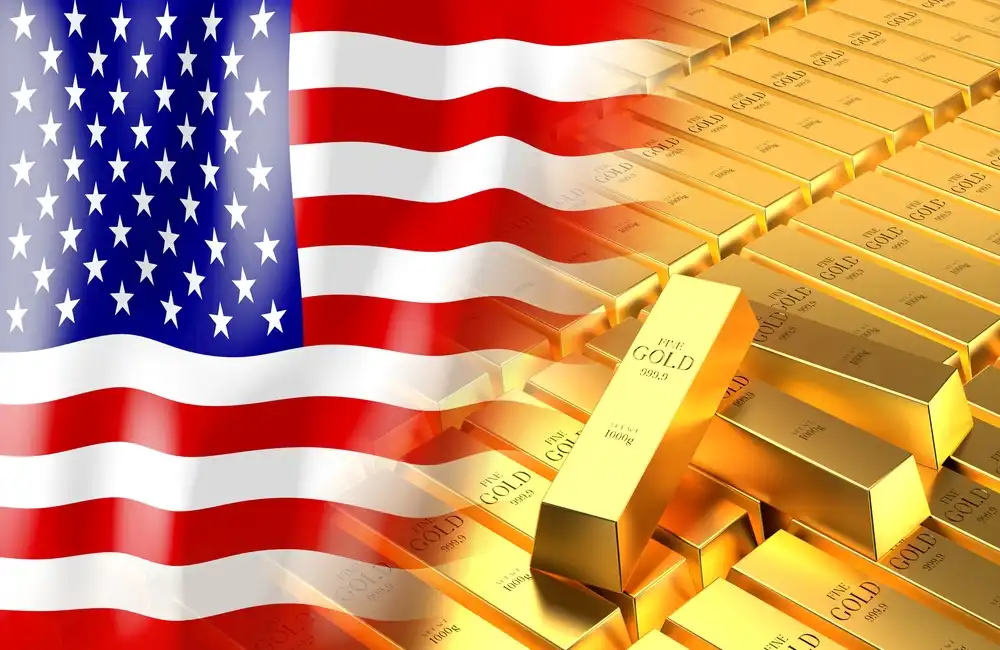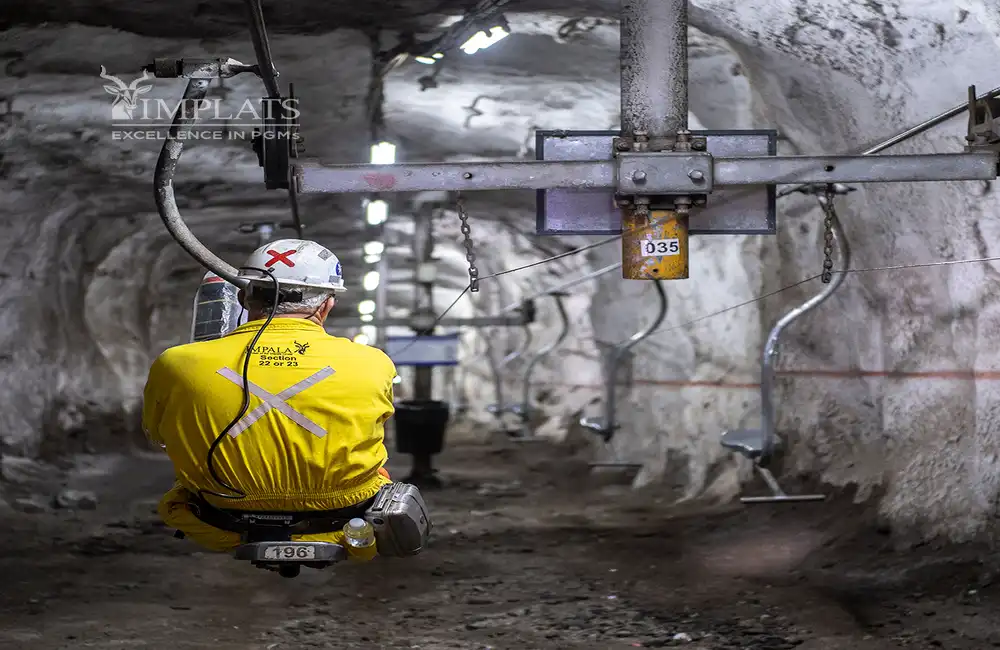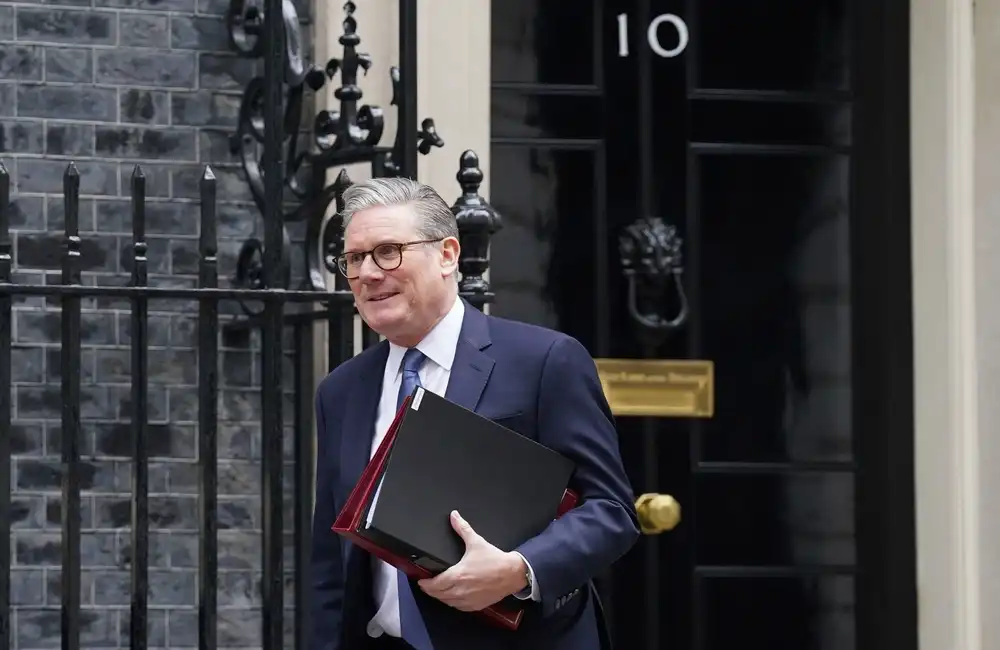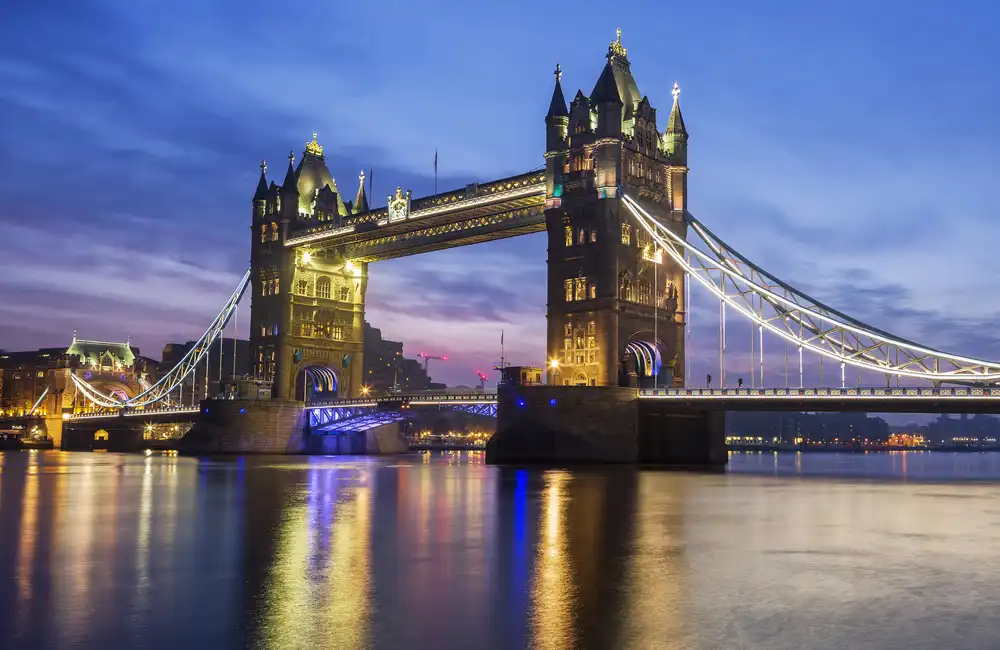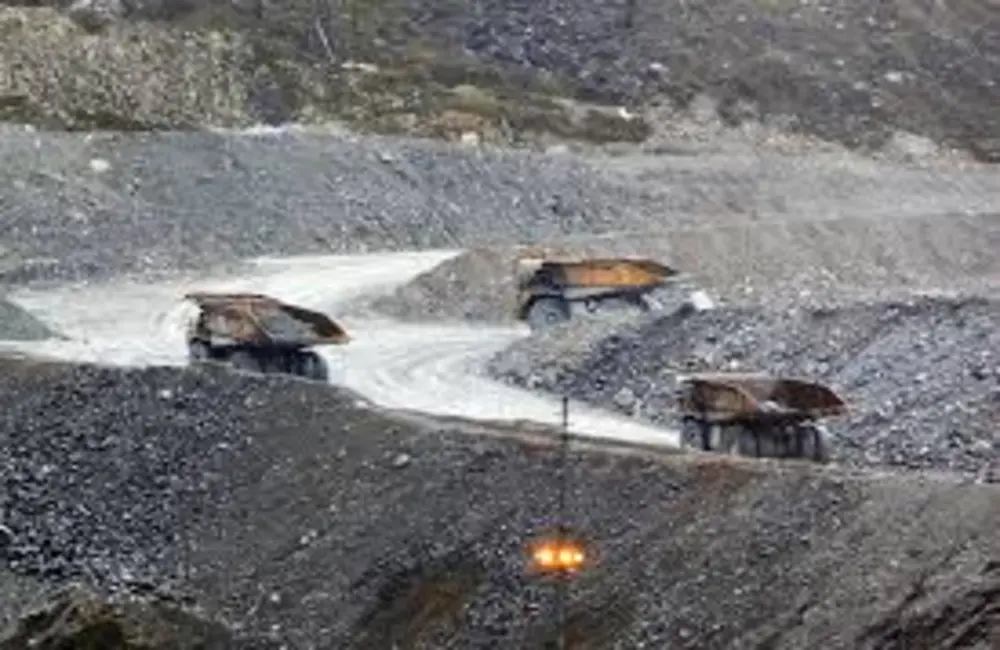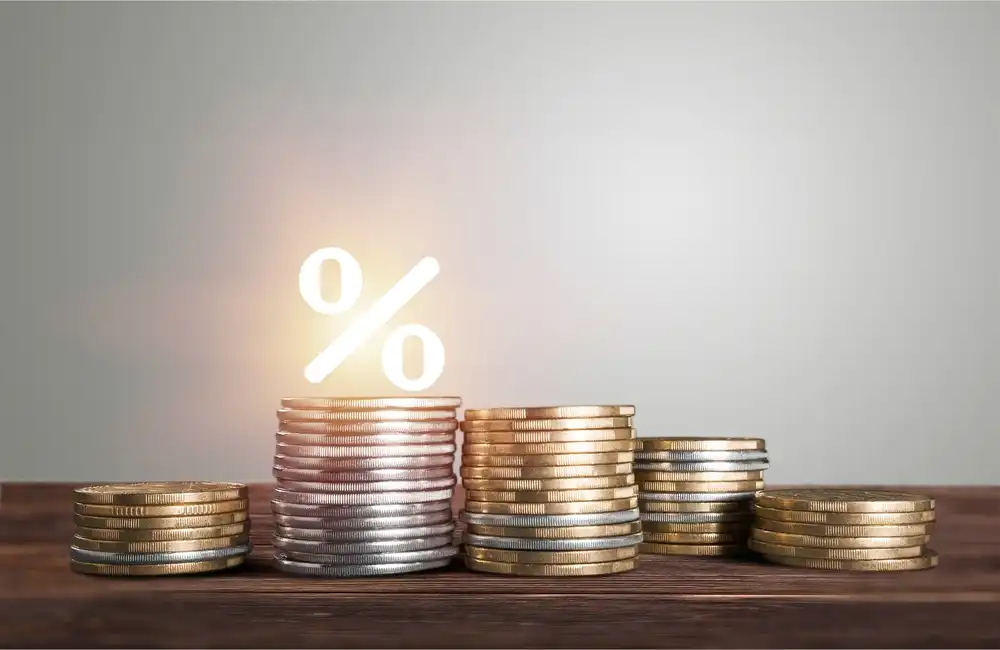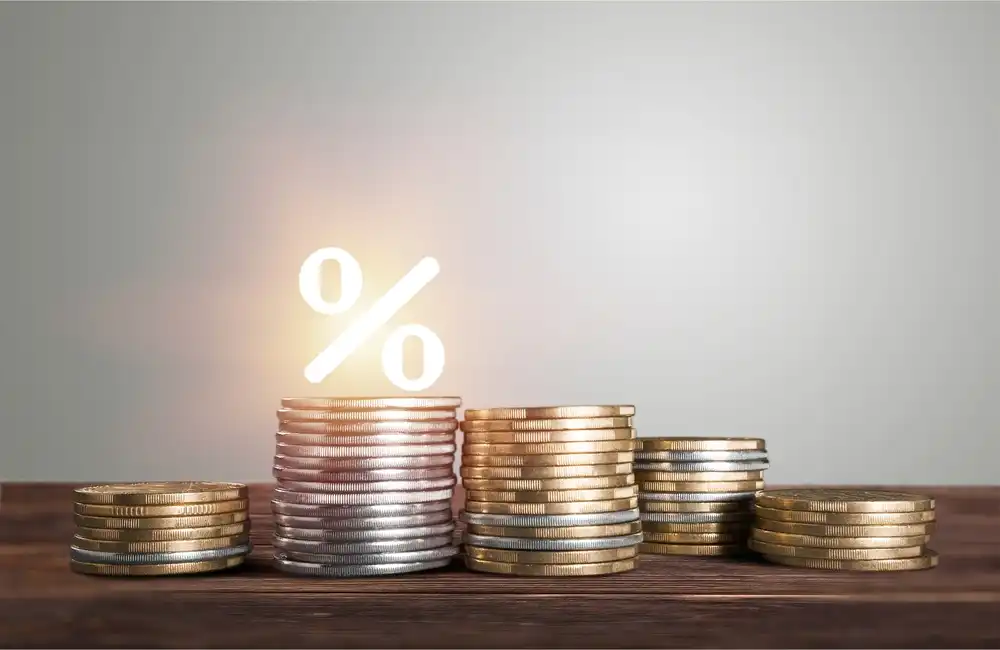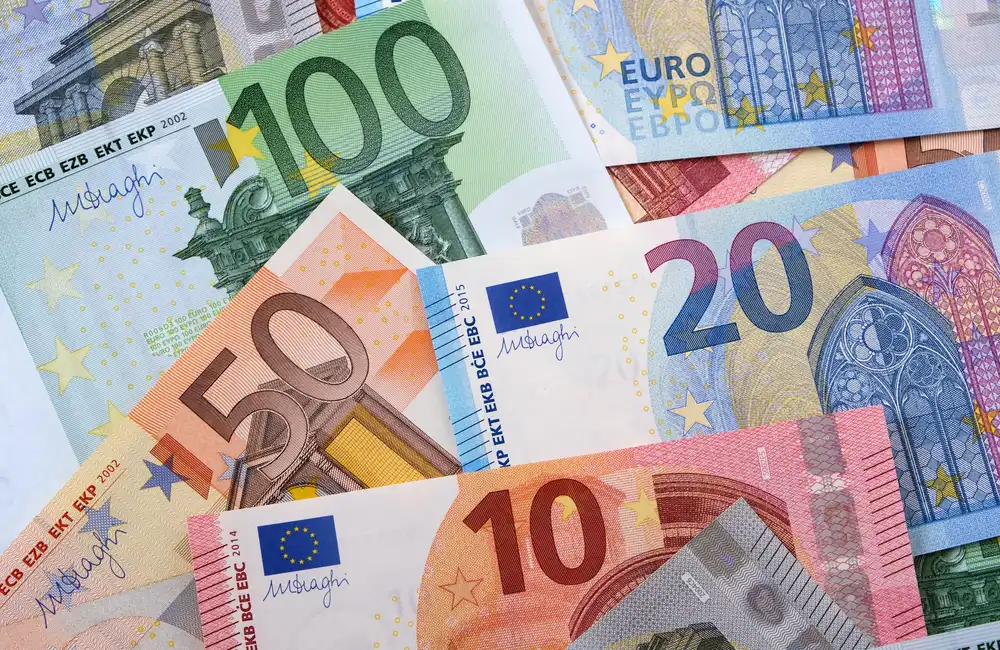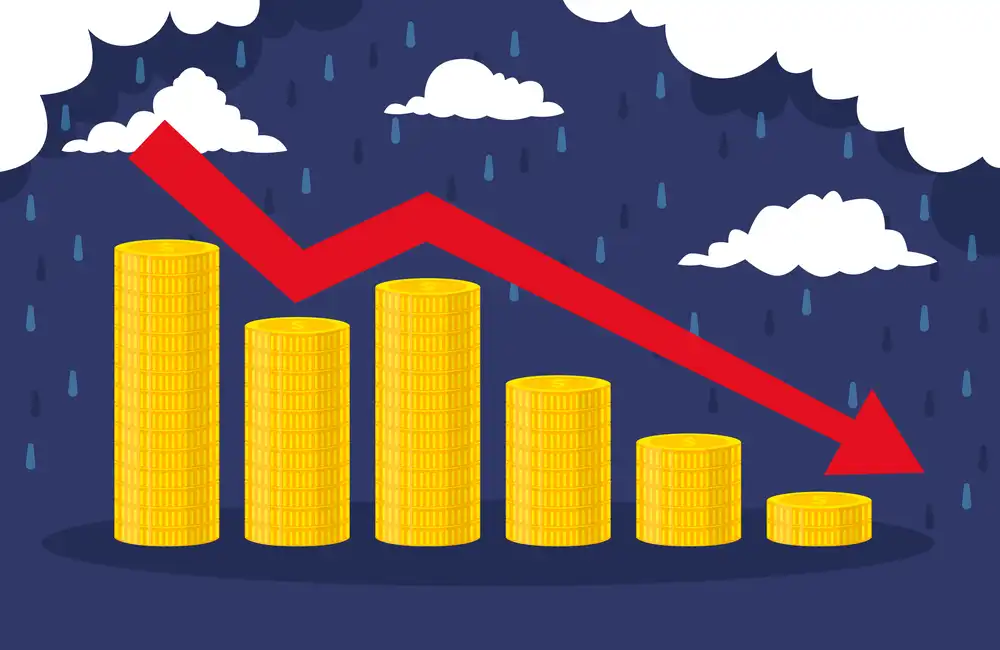It looks like resource nationalism is back in vogue in Indonesia, with the country seemingly on its way to nationalising a number of its significant mineral producers, the Australian multinational bank ANZ said in the latest Bankposition.
“Indonesia seems to be doubling down on steps it has long planned to take in establishing downstream industries to bolster its economy,” ANZ analysts led by senior commodity strategist Daniel Hynes said in a Jan. 20 research note.
Resource nationalism is the reassertion of government control over the natural resources of a country.
Indonesia is a leading producer of various key metals. It accounts for about 25% of the world’s tin export share and 17% of nickel ore and 6% of bauxite, all three of which have been most affected by export bans, ANZ said.
“Prohibitions on exports of raw materials in the form of nickel and of copper ore are being followed by an escalation in tariffs and taxes,” the analysts said.
Stainless steel is the main sector of global nickel demand, accounting for more than 70% of total nickel demand.
It will also become increasingly important for energy transition, as there will be a growing market for nickel-cobalt-aluminum batteries that are used in electric vehicles.
Indonesia holds one of the world’s largest reserves of nickel with a 22% global share.
Nationalization
The country has taken initial steps to nationalize several of its key mineral producers by introducing export bans on specific raw materials, ANZ said. According to analysts from ANZ, mining, including metal products, accounts for 20% of Indonesia's export revenue.
“At the annual meeting of the nation’s central bank late 2021, President Joko Widodo renewed his plans to ultimately halt exports of all raw materials and export only processed goods,” said the Australian bank.
In addition to its ban on nickel ore exports, Indonesia is considering taxing nickel products and expanding its bans to copper and tin. The nation has proposed to ban bauxite exports at the end of 2022, copper ore from 2023, and tin ore from 2024, the analysts said.
The potential supply uncertainty this could create for the world market may even lead to "consternation," ANZ added, noting that global inventories were currently low, while supplies were unable to meet stronger demand.
“It is difficult to predict the impact restrictions will have on the global market, given Indonesia’s percentage share of total global exports,” the analysts said.
As of 6:59 pm GMT Jan. 20, the London Metal Exchange three-months spot nickel price was trading at $23,850/mt ($10.82/lb).
Nickel prices surged to $24,000/mt, a fresh 11 and half year high early Jan. 20 on tight supply and Chinese monetary easing, according to Berenberg analysts in a note.
The nickel price on the Shanghai Futures Exchange had hit "its upper limit," according to Commerzbank analyst Daniel Briesemann, who noted that it was changing hands "at a record high level equivalent to almost $28,000/mt, although the contract was only launched in 2015."
Inventories of 4,700 mt in the Shanghai warehouse were approaching record lows, analysts at UK brokerage SP Angel wrote.
Downstream processing
Indonesia has made some progress in developing nickel downstream processing, ANZ said.
Chinese foreign-insurance businesses have been particularly aggressive in seeking ways to circumvent the exports restrictions. The capital cost of nickel refineries has skyrocketed from $825 million in 2014 to upwards of $3 billion in 2019, according to the Australian bank.
"NPI production in Indonesia has grown from 30,000 mt in 2015 to close to 600,000 mt in 2020. That growth has been led by China's Tsingshan Holding Group, which developed the 165,000 mt capacity Morowali Industrial Park," the analysts said.
"Indonesia's nickel production in 2018 was only 300,000 mt, now it has grown to 950,000 mt and it can be 1.6 million mt in 2030," they said.
Tsingshan also started producing nickel matte from NPI last quarter, ANZ said.
"It has committed 75,000 mt of nickel to Chinese electric car battery manufacturers, and it is ramping output to almost triple current levels, this will alleviate tightness in the battery-grade nickel market," the analysts said.
EV industry
The signing of the agreement aimed at forming the Indonesia Battery Corporation (IBC) was one of the Indonesian government’s national priorities in 2021, and to support the development of a domestic electric vehicle (EV) industry, it said.
“But if this policy is not managed well, Indonesia may not reap the full benefit,” the analysts said.
Indonesia will probably come under pressure to lessen production’s environmental impact given that most nickel industry output is powered by coal, the Australian bank added.
The Indonesian government joined a pledge to end coal use given at COP 26, but opposed a clause to stop the general building and financing of new coal-fired power stations, ANZ said, adding that China agreed in that context not to build coal-fired plants abroad.
“If you mine nickel efficiently and in an environmentally-sensitive way, Tesla will give you a giant contract for a long period,” Tesla CEO Elon Musk said in July 2021.
“So even with a rich pipeline of projects to raise supply to 1 million mt, the carbon footprint of coal-fired plants in Indonesia could deter firms producing batteries and electric vehicles who are seeking a green nickel supply,” ANZ said.


